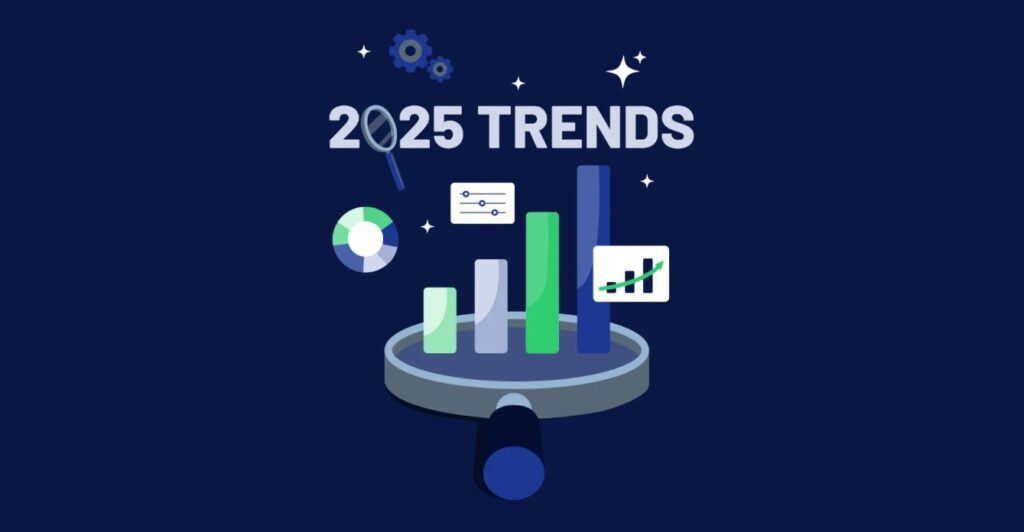SEO is evolving faster than ever, and 2025 will bring new challenges and opportunities. With search engines prioritizing user intent over keyword density, marketers must adapt or risk falling behind. Here’s what will dominate the landscape.
AI-generated content is here to stay, but quality matters more than ever. Google’s algorithms now penalize thin or repetitive AI content while rewarding in-depth, expert-driven articles. The solution? Use AI for research and drafting, but refine with human insight and originality.
Voice search optimization continues to grow. With smart speakers and mobile assistants handling more queries, optimizing for natural language (e.g., “Where’s the best coffee near me?”) is critical. Long-tail keywords and FAQ-structured content will dominate.
E-E-A-T (Experience, Expertise, Authority, Trustworthiness) is now a ranking cornerstone. Google favors content from proven industry voices, so showcasing credentials, case studies, and author bios boosts credibility. User-generated content, like reviews and forums, also signals trust.
Video SEO is no longer optional. Platforms like YouTube often appear in search results, and embedding videos in blog posts increases dwell time—a key ranking factor. Transcripts, captions, and keyword-rich descriptions help search engines index video content.
Core Web Vitals remain crucial. Page speed, mobile responsiveness, and interactivity directly impact rankings. Tools like Google Lighthouse can identify technical gaps, such as render-blocking JavaScript or oversized images.
Lastly, zero-click searches (where users get answers directly on SERPs) mean brands must optimize for featured snippets. Concise, structured answers (lists, tables, definitions) increase visibility even if clicks decline.
Adapting to these trends ensures your SEO strategy stays future-proof.

